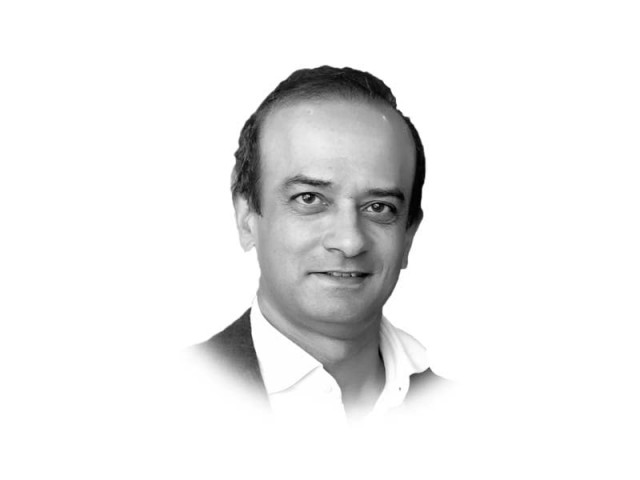A spoilt rich kid in charge
His father’s entourage for a recent trip to Asia included 1,000 people, 10 airplanes and 500 limousines.

The writer, a graduate of Brown and Cambridge universities, is managing director at a fund management company based in Singapore
But his foreign policy actions so far are hardly promising. Under his influence Saudi Arabia has begun engaging in a brutal conflict with the Houthis in Yemen, which appears to be a quagmire — and the many civilian casualties are of no help to the Saudis’ external image. According to some sources, MBS ordered the operation in 2015 without informing the Saudi National Guard, and subsequently went on vacation in the Maldives and couldn’t be reached by US Secretary of Defence Ash Carter for days. Under his influence, the conflict with Iran is now raging openly, with proxies battling in Syria and Iraq and diplomatic ties severed. His youthful impetuousness appear to be contributing to a scenario whereby Saudi Arabia has a childlike desire to be at the top of the neighbourhood’s totem pole, seeking to banish those who won’t swear allegiance and do the Saudis’ bidding. Under MBS’s watch, Qatar has been unceremoniously cut off by a group of Arab nations, its biggest crime seemingly being to have been to have had a good relationship with Iran. The conditions for rapprochement could only be made by those who have little respect for liberty and free speech — they include shutting down the broadcaster Al Jazeerah. And accusations that Qatar is funding terrorism as a reason for ostracising the tiny city state seem almost comical given the purported much broader role of Saudis in spreading extremism.
And then of course, there is the lavish spending. MBS reportedly saw a large yacht he fancied, owned by the Russian billionaire Yuri Shefler, which he promptly bought for $500m — whilst pushing through drastic austerity measures as Saudi Arabia reeled from falling prices and a huge budget deficit. Put it another way — the money to pay for this absurdly lavish toy came from the pockets of millions of ordinary Saudis at a time of financial difficulty. And of course he has learnt to spend from the best — his father’s entourage for a recent trip to Asia included 1,000 people, 10 airplanes and 500 limousines. Traditional folksy wisdom such as “leading by example” or “austerity begins at home” are clearly lost on the likes of MBS.
His initials steps towards modernising Saudi Arabia’s oil-dependent economy and slowly introducing social reforms are to be commended providing they are properly planned and executed — they will require strong management skills and a high degree of commitment which he is yet to prove. However, his foreign policy has been impetuous and ill advised, and reeks of adolescent aggression. Having an entitled 31-year-old in charge will pose significant risks to regional security going forward.
Published in The Express Tribune, July 4th, 2017.
Like Opinion & Editorial on Facebook, follow @ETOpEd on Twitter to receive all updates on all our daily pieces.














COMMENTS
Comments are moderated and generally will be posted if they are on-topic and not abusive.
For more information, please see our Comments FAQ